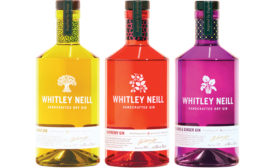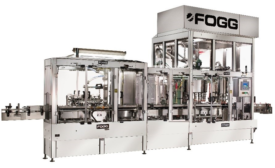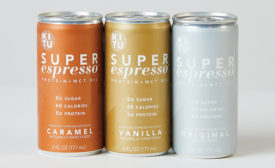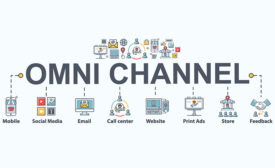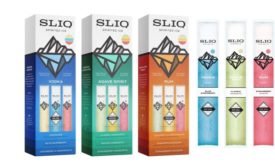Beer/Wine/Spirits Packaging
Brand Packaging: Beverage Branding
Less Is More in Beverage Branding
RTD brands use minimal design for maximum impact.
March 16, 2020
Keep the info flowing with our eNewsletters!
Get the latest industry updates tailored your way.
JOIN TODAY!Copyright ©2025. All Rights Reserved BNP Media.
Design, CMS, Hosting & Web Development :: ePublishing


